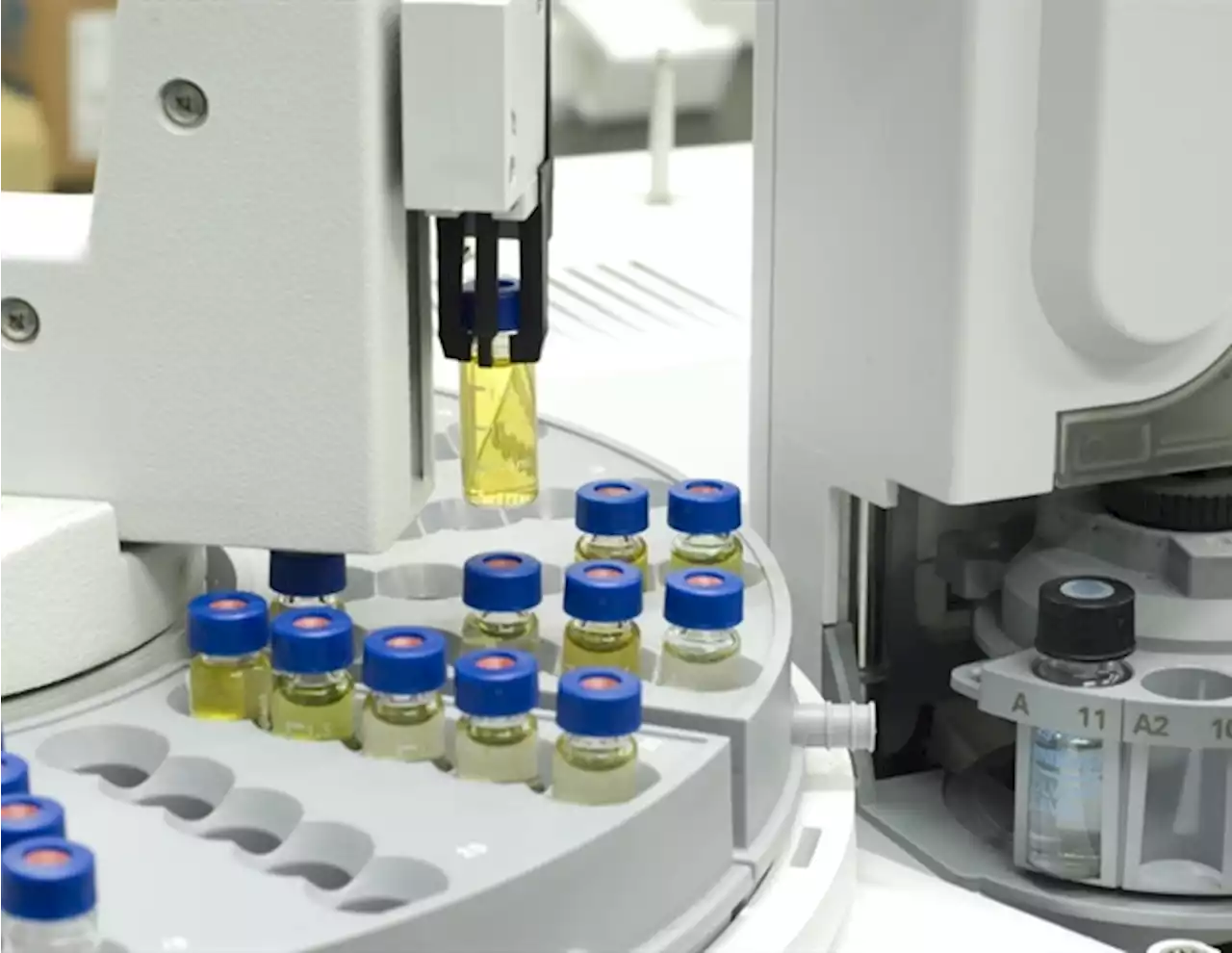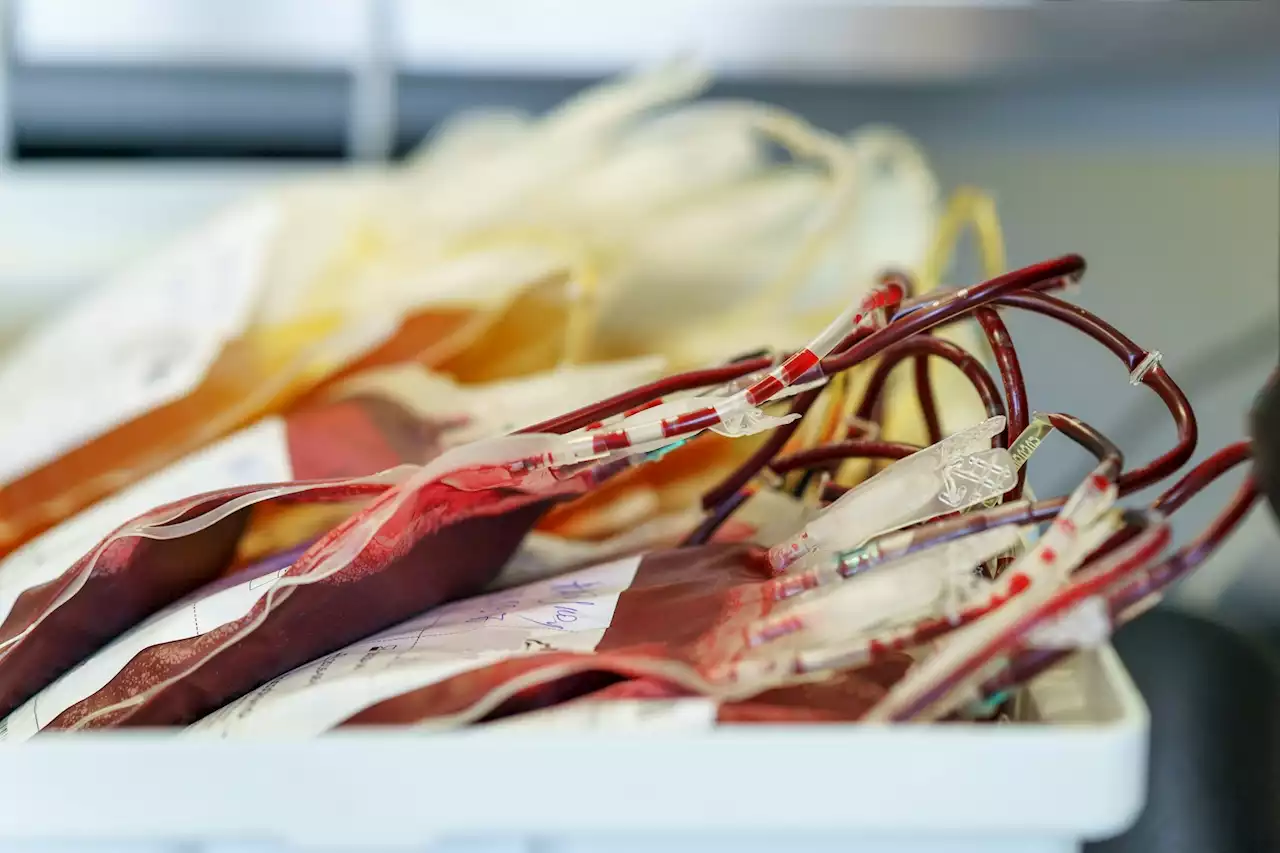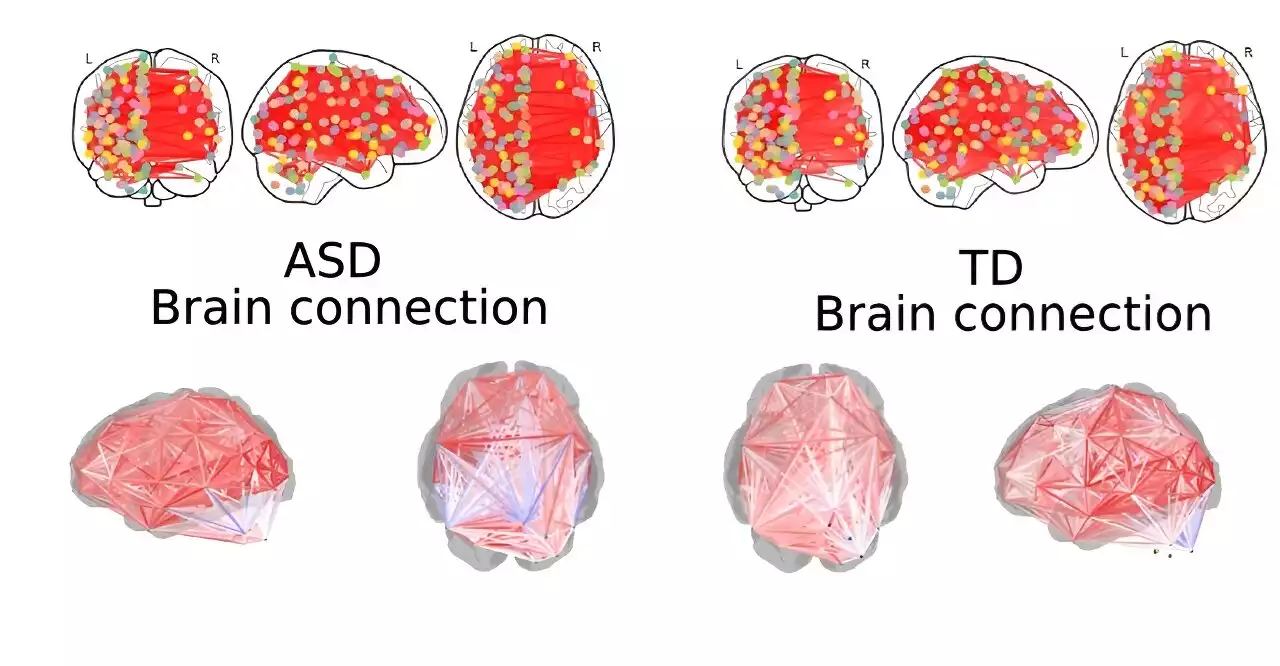An obscure class of molecules, part of the vast system that helps the human body distinguish 'self' from 'non-self,' may also hold the key to stopping SARS-CoV-2 from commandeering healthy cells, scientists have found in an elegant series of experiments.
T cells, a fierce but clandestine army of T cells potentially capable of quashing cells infected with SARS-CoV-2. It's the activity of these T cells that may explain why some people quickly thwart COVID-19.
Dr. Hongbing Yang and a team of Oxford colleagues have examined blood samples from patients with COVID-19 and identified five peptides—protein fragments—that induce HLA-E-restricted killer T cell activity. HLA-E is an important regulator of natural killer cell and cytotoxic T lymphocyte activation and inhibition. HLA-E, the team found in a series of experiments, can respond to and initiate an immune response against SARS-CoV-2-infected cells.
Further analyses of primary human lung epithelial cells showed that SARS-CoV-2 exposure caused downregulation of HLA-Ia, but not HLA-E. HLA-E peptide-derived CD8T cell clones, which expressed diverse T cell receptors, and suppressed SARS-CoV-2 replication in human lung epithelial cells.
Danmark Seneste Nyt, Danmark Overskrifter
Similar News:Du kan også læse nyheder, der ligner denne, som vi har indsamlet fra andre nyhedskilder.
 Neanderthals, environment, and evolution behind SARS-CoV-2 immune responsesResearch led by the Université Paris Cité, CNRS, France, has investigated factors driving variability in diverse immune responses to SARS-CoV-2.
Neanderthals, environment, and evolution behind SARS-CoV-2 immune responsesResearch led by the Université Paris Cité, CNRS, France, has investigated factors driving variability in diverse immune responses to SARS-CoV-2.
Læs mere »
 Researchers develop new rapid and reliable method for SARS-CoV-2 detectionCommercially available mass spectrometers can reliably detect the SARS-CoV-2 coronavirus. In the journal 'Clinical proteomics' researchers from the Martin Luther University Halle-Wittenberg (MLU) present a new method which employs equipment that is already being used in hospitals and laboratories to detect bacterial and fungal infections.
Researchers develop new rapid and reliable method for SARS-CoV-2 detectionCommercially available mass spectrometers can reliably detect the SARS-CoV-2 coronavirus. In the journal 'Clinical proteomics' researchers from the Martin Luther University Halle-Wittenberg (MLU) present a new method which employs equipment that is already being used in hospitals and laboratories to detect bacterial and fungal infections.
Læs mere »
 Potential of COVID-19 convalescent plasma for future monoclonal antibodies against severe SARS-CoV-2 inflammationResearchers report that convalescent plasma treatment is most effective in treating hospitalized COVID-19 patients.
Potential of COVID-19 convalescent plasma for future monoclonal antibodies against severe SARS-CoV-2 inflammationResearchers report that convalescent plasma treatment is most effective in treating hospitalized COVID-19 patients.
Læs mere »
 Quantitative biological strategy helps upgrade vaccines against COVID-19Researchers from the Shenzhen Institute of Advanced Technology (SIAT) of the Chinese Academy of Sciences (CAS) and the University of Hong Kong, along with their collaborators, have proposed a promising quantitative biological strategy for dynamic updates of vaccines against SARS-CoV-2 virus. They demonstrated that a vaccine based on the ancestral SARS-CoV-1 strain could offer more extended and broader protection than other options.
Quantitative biological strategy helps upgrade vaccines against COVID-19Researchers from the Shenzhen Institute of Advanced Technology (SIAT) of the Chinese Academy of Sciences (CAS) and the University of Hong Kong, along with their collaborators, have proposed a promising quantitative biological strategy for dynamic updates of vaccines against SARS-CoV-2 virus. They demonstrated that a vaccine based on the ancestral SARS-CoV-1 strain could offer more extended and broader protection than other options.
Læs mere »
 Study suggests antibodies triggered by COVID-19 mRNA vaccination may depend on prior infection historyResearchers evaluated distinct immune responses to mRNA and vector-based COVID-19 vaccines and natural SARS-CoV-2 infections.
Study suggests antibodies triggered by COVID-19 mRNA vaccination may depend on prior infection historyResearchers evaluated distinct immune responses to mRNA and vector-based COVID-19 vaccines and natural SARS-CoV-2 infections.
Læs mere »
 Study proposes use of artificial intelligence to diagnose autism spectrum disorderDiagnosing autism spectrum disorder (ASD) is still a daunting challenge because of the degree of complexity involved, requiring highly specialized professionals. Autism is a multifactorial neurodevelopment disorder with widely varying symptoms. In the United States, about 1 in 36 children have been diagnosed with ASD, according to the Centers for Disease Control and Prevention (CDC), and yet there are no biochemical markers to identify it with precision. A quantitative diagnostic method is proposed by Brazilian researchers in an article published in the journal Scientific Reports.
Study proposes use of artificial intelligence to diagnose autism spectrum disorderDiagnosing autism spectrum disorder (ASD) is still a daunting challenge because of the degree of complexity involved, requiring highly specialized professionals. Autism is a multifactorial neurodevelopment disorder with widely varying symptoms. In the United States, about 1 in 36 children have been diagnosed with ASD, according to the Centers for Disease Control and Prevention (CDC), and yet there are no biochemical markers to identify it with precision. A quantitative diagnostic method is proposed by Brazilian researchers in an article published in the journal Scientific Reports.
Læs mere »
